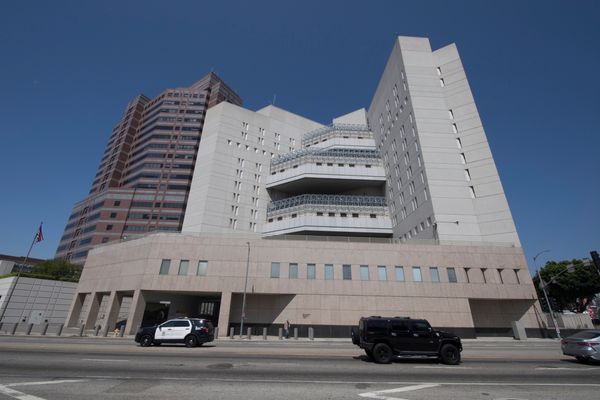
Millions of global customers generate over $125 billion in revenue from interest and fees annually for JPMorgan Chase (JPM) -).
The bank boasts assets of $2.6 trillion, operates in over 100 countries, and employs more than 240,000 people worldwide.
The company's status means that when its CEO, Jamie Dimon, talks, people listen. Unfortunately, that could be bad news for many because Dimon recently took aim at work-from-home arrangements.
JPMorgan offered perks during pandemic
The covid crisis caused companies of all shapes and sizes to rethink workplace requirements. Rather than risking employees' health, management teams scrambled to put flexible work solutions in place, including work-from-home.
Those solutions were necessary amid widespread lockdowns. But they also helped attract highly skilled workers when recession risks led to substantial global monetary and fiscal responses from governments.
DON'T MISS: Employment expert highlights vital caveat in the push to end remote work
Zero interest rate policies and stimulus payments to citizens and businesses caused economies to soar, and as a result, banks enjoyed hefty investment banking fees, rising loan demand, and cheap financing from low-interest deposit accounts.
To make the most of the opportunity, banks went on a hiring spree, marketing employee-friendly job perks to attract talent.
At JP Morgan, employees received additional payments, extra paid time off, and alternative work arrangements -- valuable perks that JP Morgan Chase's website still lists as ways it's supporting employees because of covid.
Now, Dimon's recent comments show that claims of alternative work arrangements are no longer accurate.
More Remote Work
- Amazon issues a hard-nosed warning to workers
- Goldman Sachs issues hard-line warning to workers
- Employment expert breaks down the future of remote work
JPMorgan has a hard message for the staff
In July, Dimon told the Economist that 60% of workers were back in the office full-time, 30% had returned to working in the office at least three days a week, and 10% were working remotely full-time.
Managing directors returned to the office full-time in April after they were warned they could suffer consequences if they failed to do so.
Dimon doubled down on his hard-line stance in July, saying, “I completely understand why someone doesn’t want to commute an hour and a half every day. Totally get it... Doesn’t mean they have to have a job here either.”
A need for in-office mentorship, collaboration, and accessibility are cited as reasons for the push to return to offices.
But that may not be the only reason that Dimon and other banks, including Goldman Sachs (GS) -), are pushing to end remote work.
Banks are exposed to significant loans outstanding for commercial buildings that have become less valuable because vacancy rates have risen. If vacancy rates remain high because of remote work, rising interest rates and depressed valuations could cause delinquencies and defaults.
Banks are also more directly exposed because they've invested big money in commercial real estate. For example, JPMorgan is building one of the tallest structures in New York at 270 Park Avenue, a 1,400-foot (430m) tower designed with 70 stories and space for 15,000 workers.
Forget JPMorgan: Sign up to see which stocks we’re buying now







